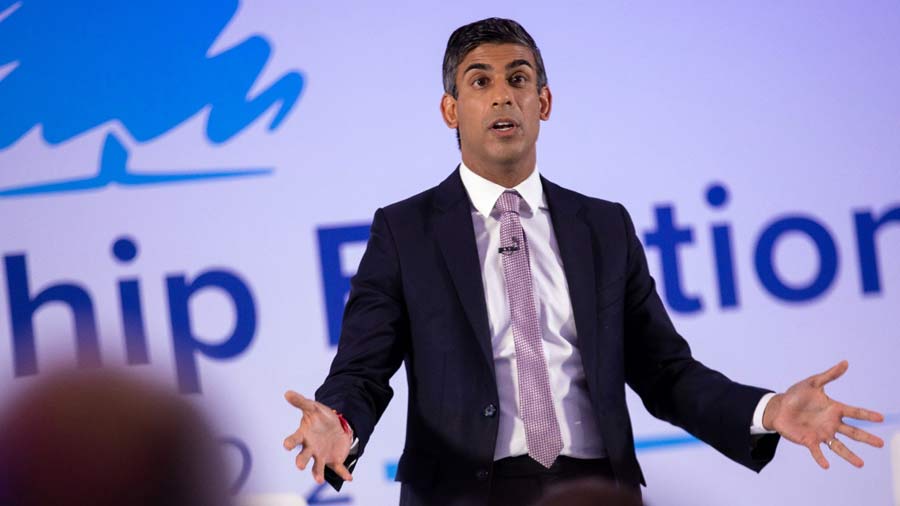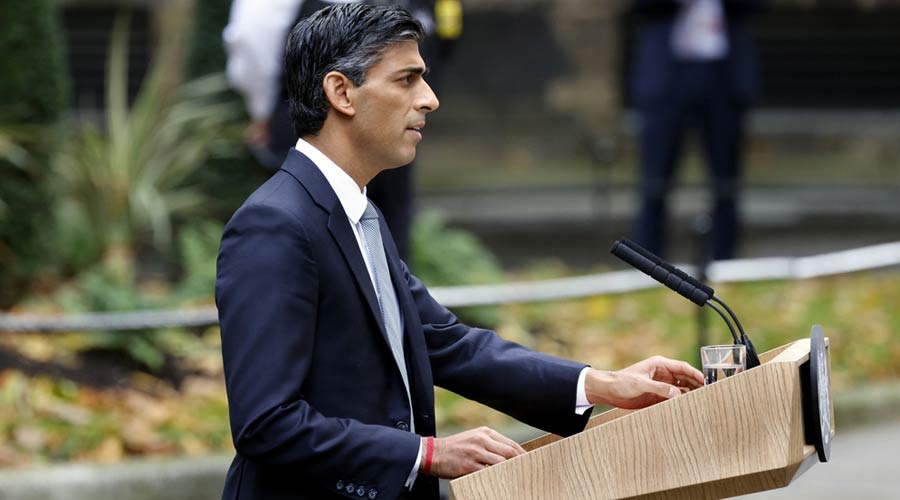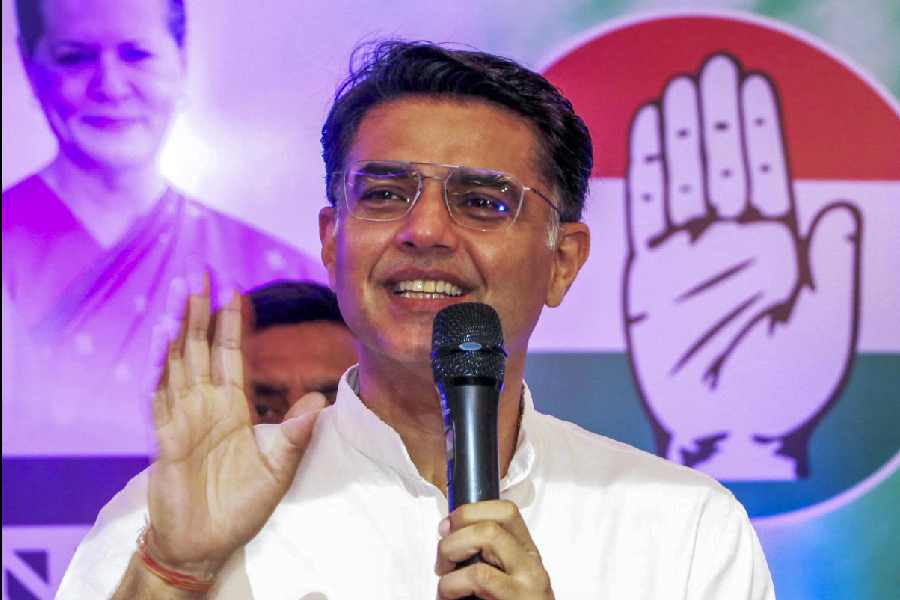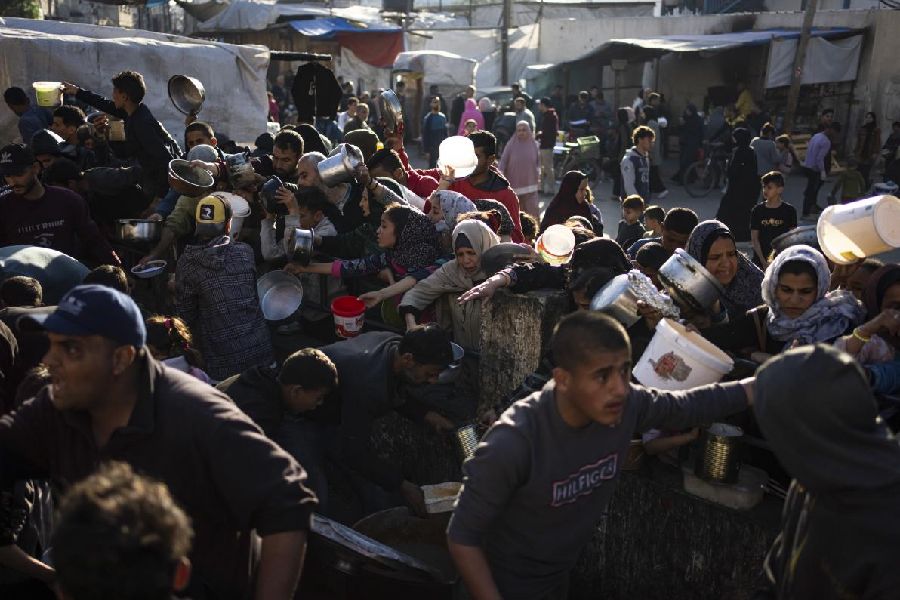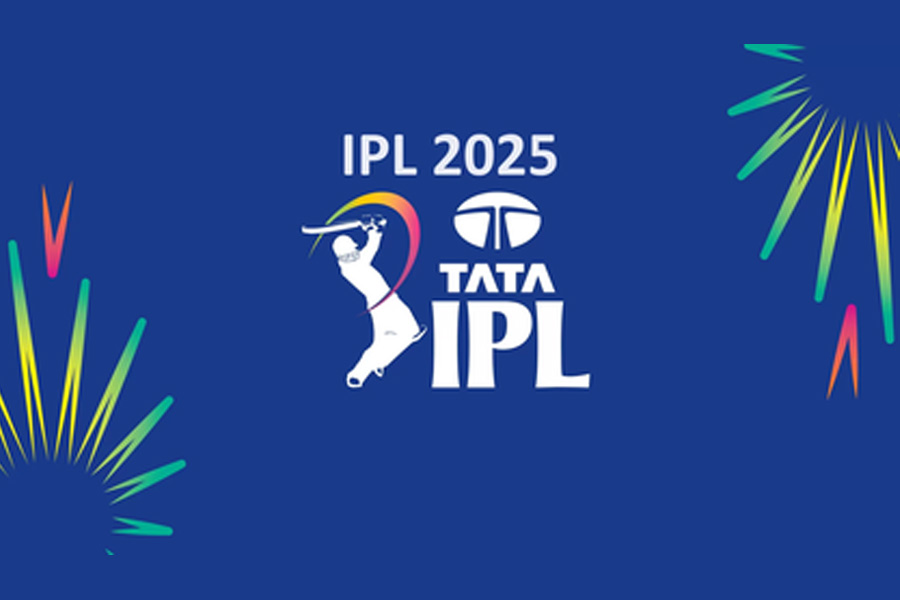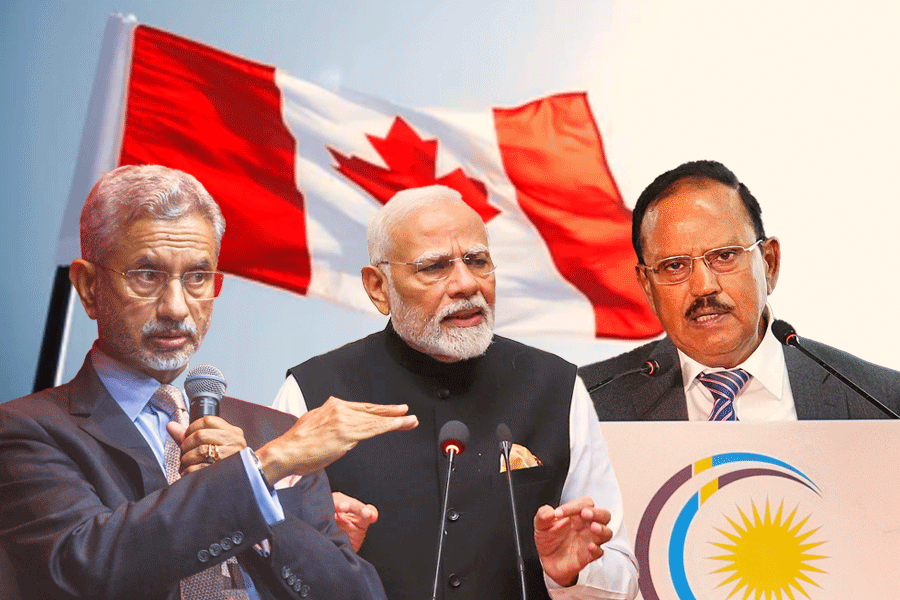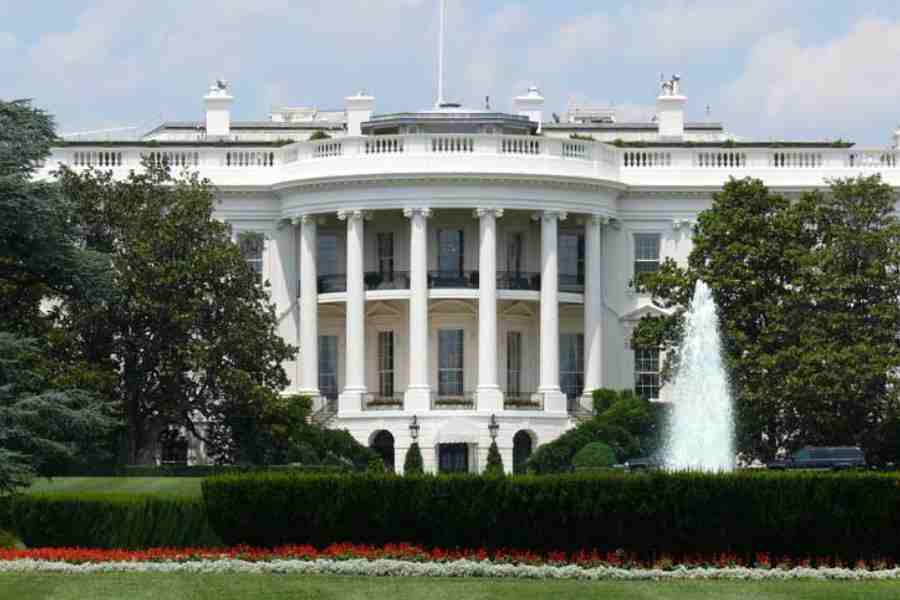Humza Yousaf, a Muslim born in Glasgow to Pakistani immigrants, has received congratulations from Britain’s Hindu Prime Minister on being elected leader of the Scottish National Party in succession to Nicola Sturgeon, who caused shock by resigning from the post last month after eight years in power.
Humza wants Scotland to secede from the United Kingdom while Rishi Sunak wants to preserve the union, but the Prime Minister said the two should focus instead on “issues that matter to people”, such as reducing inflation.
Humza, the first head of a devolved government from an ethnic minority background, was due to be confirmed as Scotland’s First Minister in a vote in the Scottish Parliament on Tuesday. On Wednesday, he is to be sworn in at a brief ceremony at the Court of Session in Edinburgh.
A joke has been doing the rounds that with a Christian King, Charles III, in Buckingham Palace, a Hindu Prime Minister installed at 10 Downing Street, and Sadiq Khan, a Muslim, having been mayor of London since 2016, the time has come for a British remake of the 1977 Bollywood classic on religious tolerance, Amar Akbar Anthony.
It is also worth mentioning that Anas Sarwar, who is the son of Mohammed Sarwar, who was elected Britain’s first Muslim MP in 1997 when he won Glasgow Govan for Labour, was elected leader of the Scottish Labour Party in 2021.
Anas, who went to Hutchesons’ Grammar private school in Glasgow, where Humza was two years behind him, said that despite their political differences, it was important to recognise this was a “significant moment” for Scotland, and offered his “sincere congratulations” to Humza and his family.
Humza’s victory was announced on Monday at the Murrayfield stadium in Edinburgh. With a 70.1 per cent turnout of the SNP, Humza, who was health and justice secretary under Sturgeon, secured 24,336 votes to 20,559 received by Kate Forbes, the finance secretary. Community safety minister Ash Regan was eliminated after getting 5,599 votes.
When second preference votes were counted, Humza got 26,032 votes (52.1 per cent) to 20,559 polled by Forbes (47.9 per cent).
Humza’s mother, Shaaista Bhutta, and his wife Nadia El-Nakla, an SNP councillor in Dundee who had come with her two daughters, both wiped away tears as they witnessed history in the making.
Humza was born in Glasgow on April 7, 1985, and studied politics at Glasgow University. His father, Mian Muzaffar Yousaf Arain, was born in Mian Channu in Punjab, Pakistan, and emigrated from the city with his family in the 1960s, eventually working as an accountant. His mother was born in Nairobi to a family of Punjabi Arain descent. Humza’s paternal grandfather worked in the Singer sewing machine factory in Clydebank in the 1960s.
Humza thanked his grandparents for making “the trip from the Punjab to Scotland over 60 years ago”, and said: “We should all take pride in the fact that today we have sent a clear message, that your colour of skin, your faith, is not a barrier to leading the country we all call home.”
Commenting on Humza’s election, Monojit Chatterji, professor of economics at Cambridge University and an Edinburgh resident who currently happens to be in Calcutta, said: “That this has happened in a country with a small proportion of BME (Black Minority Ethnic) voters will set the tone for the future — hopefully beyond Scotland, too.
“Scotland is a deeply divided nation. How will Humza make the push for independence, especially with those who are not SNP supporters? He can win an election but can he provide effective leadership of a divided nation? The next elections for Holyrood are in 2026, so he has time to build a winning platform. But following Sturgeon is a tough act. For Scotland’s sake, one must wish him well.”
Mukulika Banerjee, associate professor of anthropology at the London School of Economics, where she was inaugural director of its South Asia Centre from 2015 to 2020, and author of Cultivating Democracy: Politics and Citizenship in Agrarian India, said: “The election of Humza Yousuf as the next leader of the SNP holds several lessons for democracies everywhere, but especially India.
“While his Pakistani Muslim heritage was recognised, this was never a significant issue in the contest. His record as a minister and alignment with the outgoing leader Nicola Sturgeon’s position on issues were discussed instead.
“He noted that his imminent appointment as First Minister is one that his family could never have dreamed would happen, but that it is a testament to how British politics works.
“A far cry from India where among the 303 BJP MPs in the Lok Sabha not a single one is Muslim even though they form 14 per cent of the population. British Asians (of Pakistani, Bangladeshi and Indian heritage) together form less than 10 per cent.”

